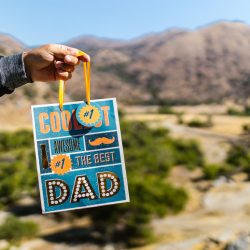SingaporeMotherhood | Baby & Toddler
June 2023
How to be an Eco-Conscious Parent in Singapore: Tiffany Wee, naturopath and nutritionist
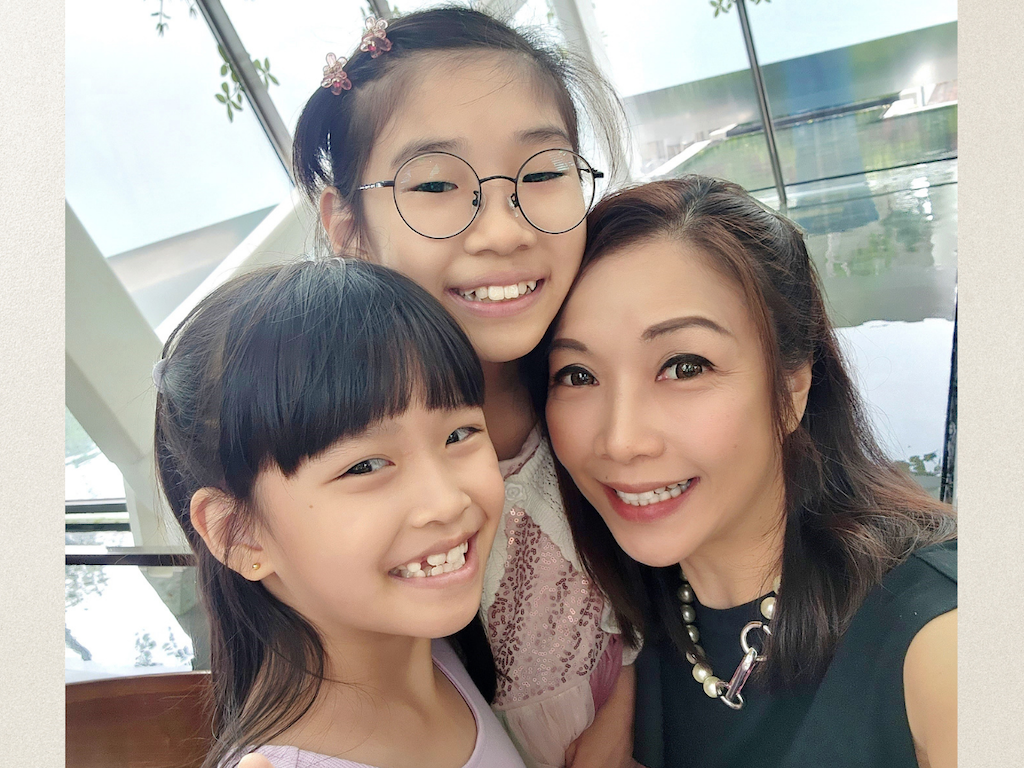
The recent World Environment Day (5 June) was a reminder to #BeatPlasticPollution and help release the chokehold of plastic on our planet. But apart from foregoing plastic, there are many ways for us to leave a better world for our children, such as being more eco-conscious. We ask mum of two Tiffany Wee, an in-house naturopath and nutritionist with organic restaurant and supermarket SuperNature (which is moving to Dempsey in August, by the way), how she does it.
“I’m 47 this year. I’m a naturopath and nutritionist, and a mother to two girls, aged nine and 11. I think it’s easy to be an eco-conscious parent in Singapore. It does not have to be an all or nothing situation. It should be something that works best for your family, your financial situation, your cultural circumstances, and your own individual values.
This is something that I learnt a few years ago from my kids. I think it was a movement in school where they promote becoming more environmentally aware. It starts with the three R’s that we are familiar with: reduce, reuse, recycle. More recently, we hear of other ‘R’s like refuse or repurpose, or even repair and rot — which is to do with composting. We can apply these to our daily lives. Ultimately, what we do now will impact the world that our children and future generations will live in.
Being eco-conscious is about showing concern for the environment or living in a way that is responsible to the environment. An eco-conscious individual is aware of the environmental impact in terms of their choices. Being eco-friendly suggests that a business or product is designed with the environment in mind. So eco-consciousness has more to do with the individual.
Being eco-conscious does not necessarily mean swapping out your current household items or ways of living for expensive alternatives. Whether in big or in small ways, we can all play a part towards improving the environment, and imparting this knowledge to our children.
What are the biggest advantages of living an eco-conscious life?
It’s about preserving the integrity of the environment for our children, and for future generations. Whatever we put into the environment is going to come back to us in one way or another, whether in the waterways, via our food supply chains, in the air that we breathe, or what we absorb through our skin.
The most obvious route of entry of these chemicals is through what we consume. When we eat these foods, they do not affect just us. For women who are pregnant or breastfeeding, these toxins will pass on to their baby. Research has shown the presence of environmental toxins in the umbilical cord. I think this indicates in a very real sense that whatever we are consuming passes on to the next generation.
Is being eco-conscious the same as going ‘zero waste’?
While the movement is sometimes called “zero waste”, that might not really be achievable, at least not from the get go. We can start by reducing waste or going low waste. When you have children, it’s sometimes hard to do away with disposables or plastics altogether. In the long term, it is treading the middle path that is sustainable, rather than an all or nothing attitude.
(See also: 7 Easy Steps to a Zero-Waste, Eco-Friendly Household in Singapore)
How can we be eco-connscious as parents?

We need to lead by example. At home, we can remind our kids about simple things like making sure to switch off the lights whenever they leave the room. We can reduce waste by bringing our own reusable bags to the grocery stores. We can also encourage our children to bring their refillable water bottles when they go out.
For years now, I’ve brought my own reusable flask or bottle out when buying coffee, instead of using takeaway cups. It becomes part and parcel of our everyday life and as the children see us doing these things, it becomes part of theirs as well.
That’s an easy one to adopt! Any others?
We can also repair, recycle, and reuse, especially things that the children only use once. When they have International Friendship Day celebrations in school and they have to wear a costume, I get it off Carousell instead of buying a brand new one. It’s the idea of the circular economy, so that we do not end up with more waste than is necessary.
The idea is to extend the life of made products. Even if it is no longer functional in terms of its original use, what are some ways that we can repair it? And even if we can’t, are there other things that we can repurpose it into?
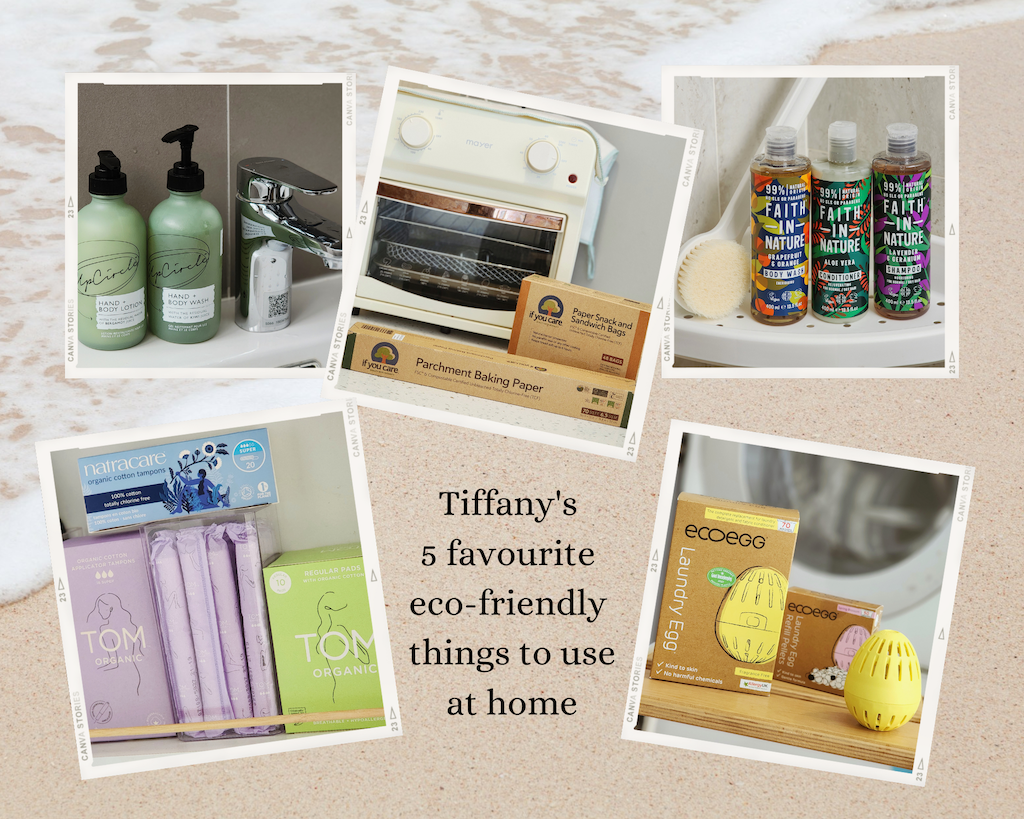
Why does being eco-conscious mean a better life for our children?
If you are exposed to chemicals from a very young age, such as in infancy when your organs are not well developed, it can lead to food allergies in the long term. It’s been found that a lot of young children suffer from intestinal permeability, where toxins are leaching out of the digestive tract into other parts of the body, and into the bloodstream. This could eventually mount an immune response leading to allergies and more severe conditions in the long run.
Of course, this is not just with regards to the food that we consume. It is said that up to 80% of things that we apply on our skin gets absorbed. So the health of our children really starts right from pregnancy, when you think about the creams and lotions that you apply on your pregnant belly.
If we can only start with one change, what would you recommend?
When I was thinking about this, I came up with so many! I didn’t know how to pick one. They all seemed important. So I thought hard about it. What does it really mean to be eco-conscious? It means to be aware of our environment, and I think the issue here is that people are removed from the natural environment. A lot of us in Singapore live in high rise apartments and especially since COVID, we are hesitant to go outdoors. It’s almost like we’ve forgotten how to play in the dirt and ‘eat dirt’.
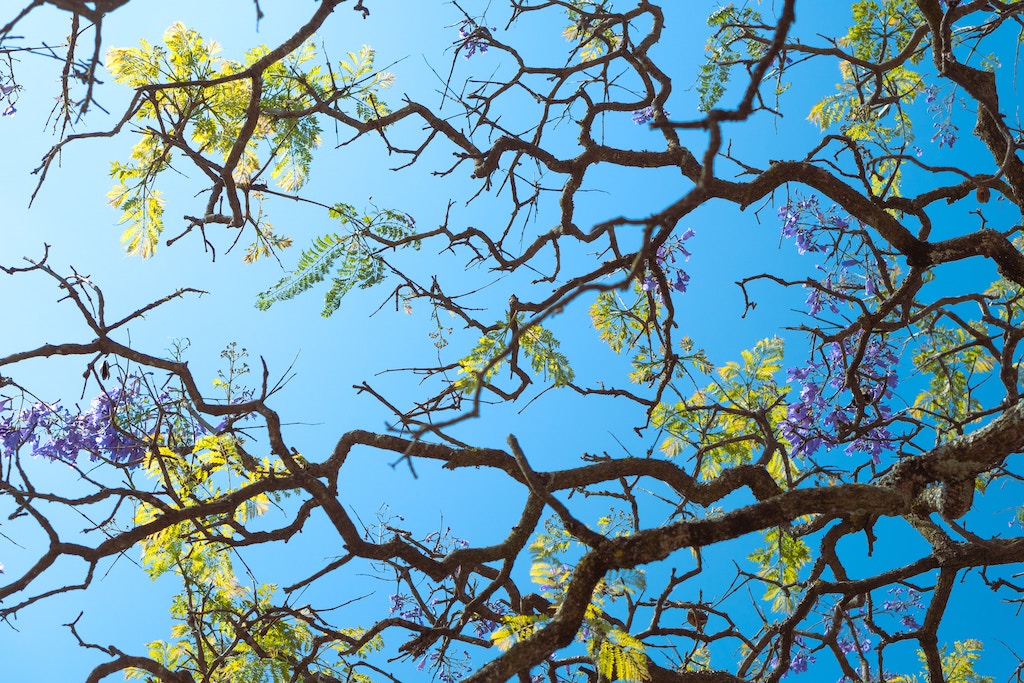
It’s a little bit like our local saying, “eat rubbish and grow” (a Hokkien phrase meaning what doesn’t kill you makes you stronger). There’s some truth to it in the sense that we’ve become over-sanitised. So if you were to ask me what is one thing that we can change? I would say it is to bring our children outdoors. If we don’t make a conscious effort to bring our kids outdoors, then how are they able to appreciate the natural environment? And if they don’t appreciate the natural environment, why would they consider it important to preserve it?
(See also: 8 Eco-friendly Resort Getaways for your next Family Holiday)
Tiffany’s Tips on How to Start Living an Eco-conscious Life
When pregnant
First, start eating better. That can mean switching to organic food, or choosing to eat more natural foods. Eating organic also means reducing the use of pesticides and antibiotics which ultimately end up harming the soil and the environment.
Secondly, people might start giving you things for the baby. Often, you end up with doubles or triples of some things. One way to reduce waste is to write a list of things you’d like to have, like a wedding register, and make it known to your family and friends so you don’t end up with multiples of the same thing.
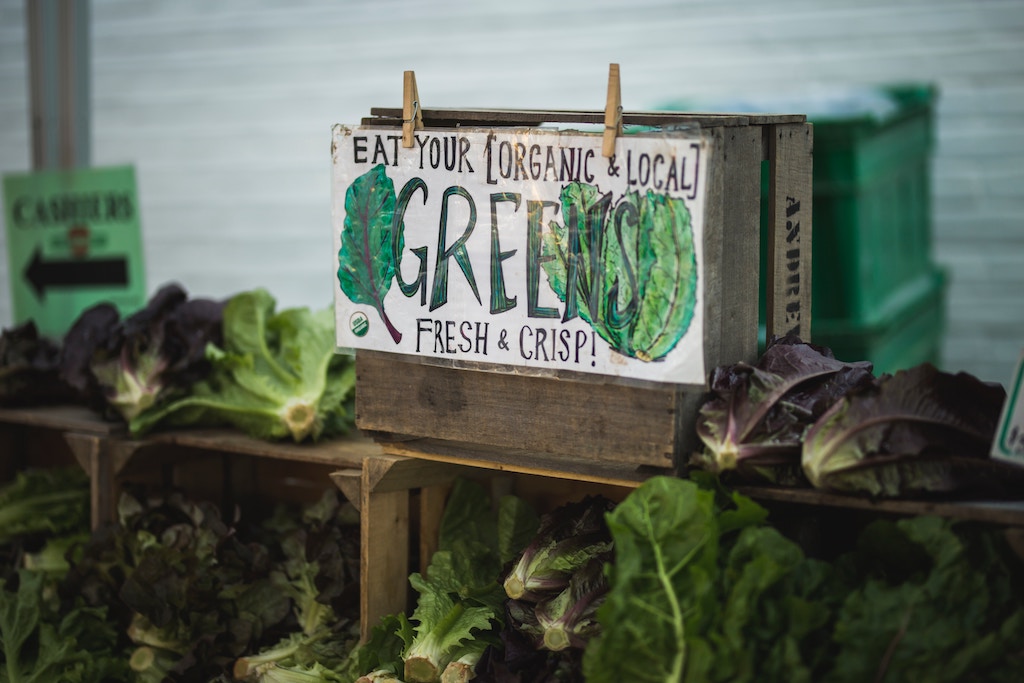
Thirdly, reduce your exposure to chemicals like signal estrogens, which are basically chemicals from the environment that have estrogen-like effects. The main ones to keep in mind are the three P’s – plastic, paraben and pesticides.
Choosing organic food reduces your exposure to these estrogens. You can also swap out plastic utensils and cutlery for glass or stainless steel. And when you buy household cleaners and personal care products, avoid things with ingredients like parabens. Buy natural and organic when you can.
(See also: The Best Organic and Natural Skincare and Makeup for Pregnant and Breastfeeding Mums in Singapore)
When putting together your baby’s nursery
Use natural or eco paint. Paints contain a lot of chemicals and these chemical solvents can increase the risk of neurological and developmental problems. It has been found that mums-to-be who were exposed to these chemicals — known as VOCs or volatile organic compounds — suffered from postnatal depression after delivery. They are hazardous not just to the environment but also to our bodies, our health, and the development of the baby.
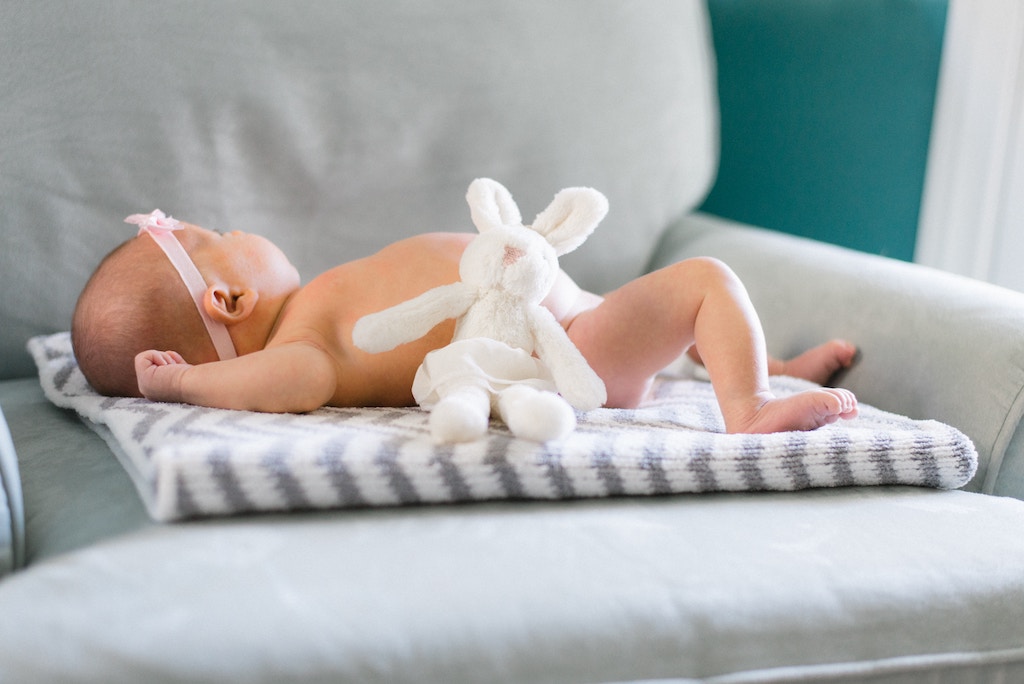
When choosing furniture for your baby’s nursery
Children outgrow things very quickly. While it might be tempting to buy cheap furniture, many are made from composites. They are glued together with adhesives that may contain things like formaldehyde and other nasty chemicals.
It might be more economically sound to buy good quality furniture that can grow with the child, such as beds right that can be extended, to use from infancy all the way to childhood. Additionally, look for furniture made from real wood, or those with the FSC certification, which shows that the wood was sourced from sustainably-managed forests.
When weaning and feeding your baby
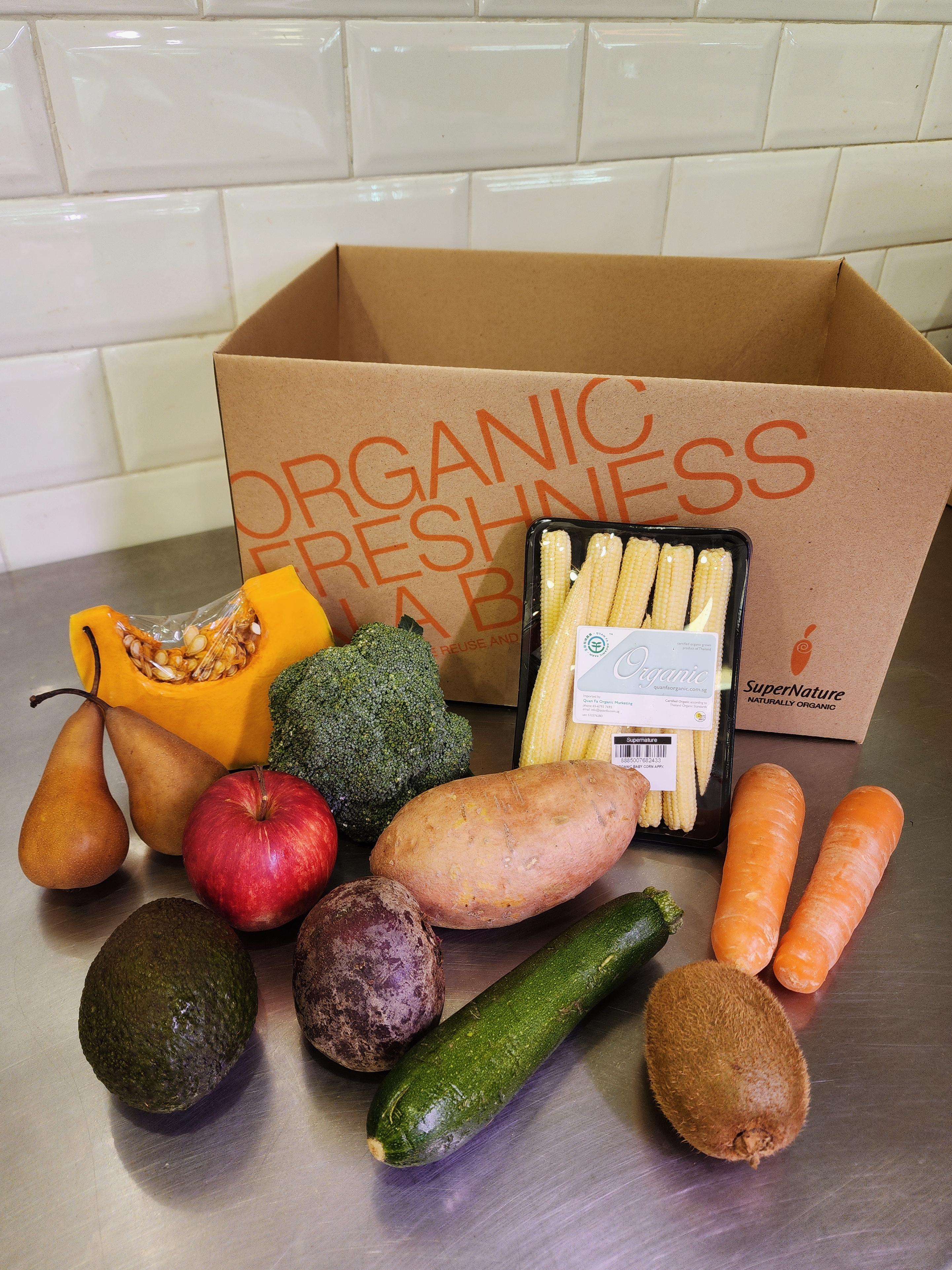
When it comes to food, buy organic where possible. One thing we have done at SuperNature is to come up with a Baby Farm Box (image above). This is because we promote baby-led weaning, where you let them experiment with different foods on their own. However at this age, babies do not need a lot of food. The idea is to introduce them to a variety of things. So we came up with baby farm boxes, which have different foods in smaller portions. Mothers then have this option to introduce variety to their babies, without too much food wastage.
(See also: A Mum’s Guide to Successful Baby-Led Weaning (BLW))
Another way to reduce wastage is to consider frozen options. And yet another is to make foods fresh instead of buying bottled or packaged baby food. Not only are you giving your baby more nutritious, freshly prepared food, you also know it is unlikely to have unnecessary additives. This also reduces unnecessary single-use packaging.
When choosing baby-care Items
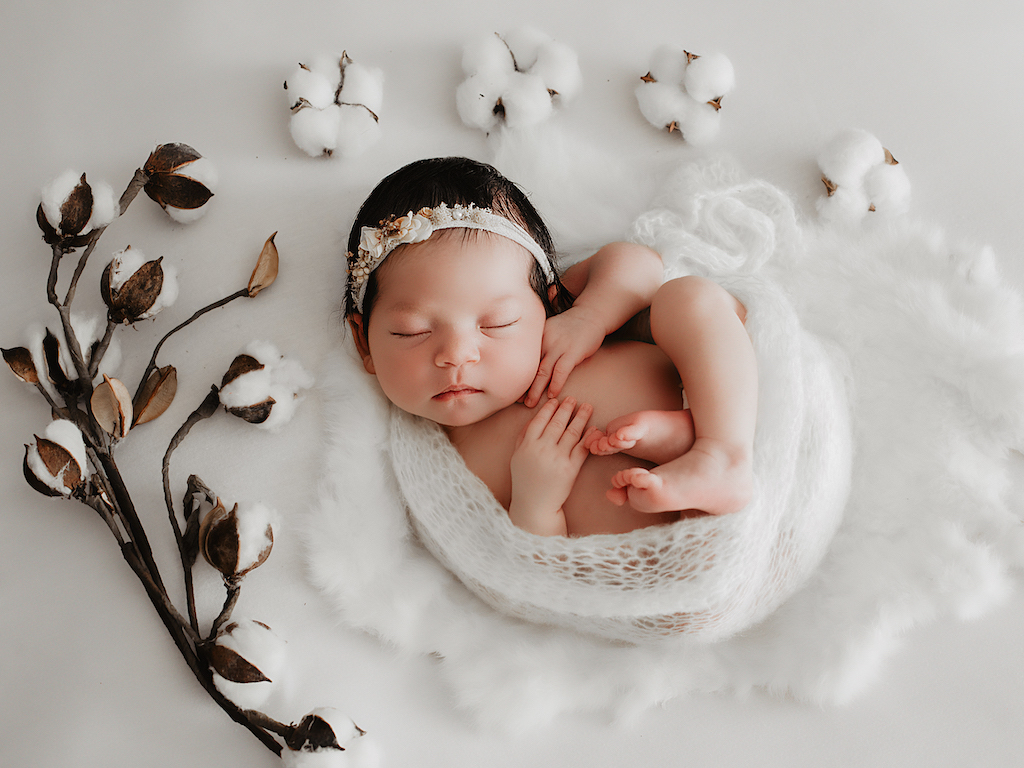
For toiletries, a simple organic baby wash would more than suffice. In the first two years a baby’s skin barrier is not developed enough to know how to fend off chemicals, so we should not overly use products that have harsh chemicals in them.
The same thing goes for diapers. Single-use diapers are very convenient. But a lot of these end up in landfills and it could take hundreds of years for them to disintegrate. One consideration is to use cloth or washable diapers. Again, if you find that it’s not really viable to make a full switch, then perhaps just use them at home. And when you bring the baby out you could use a better quality, maybe an organic cotton diaper that does not harm the environment. It doesn’t have to be all or nothing. We can actually meet halfway.
When choosing cleaning products for the home
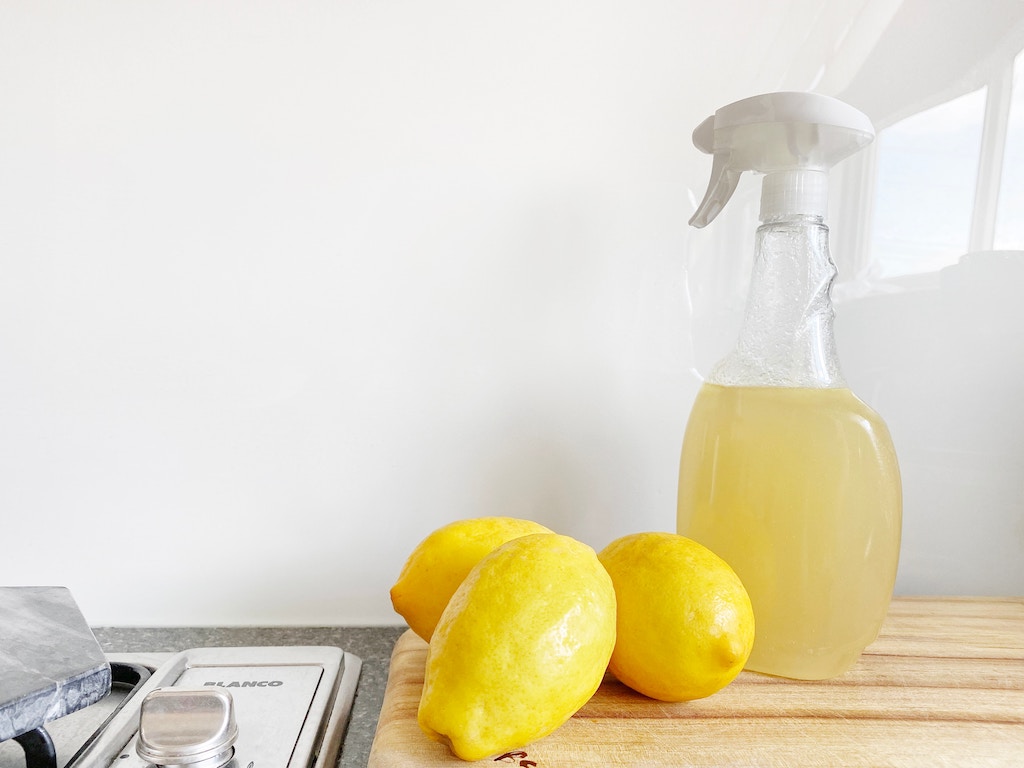
Some studies suggest that air inside our homes is even more polluted than outdoor air. This is often because of a chemical cocktail of cleaning products that we use. You know how when you walk down the supermarket aisle of detergents and liquid cleaners, you can smell all the artificial fragrances even though the liquids are intact in their bottles? This goes back to those VOCs or those volatile organic compounds that I mentioned earlier.
Unless you are using organic or natural cleaners, you are exposing yourself to a variety of different hormone disrupting chemicals like phosphates and petroleum-derived surfactants such as SLS, which is very commonly used. These do not just harm the environment, but can increase the risk of allergies and asthma, especially if your family has immune challenges or tendencies towards respiratory conditions.
So make the switch to more natural cleaning products. Use soap nuts, for example, which we carry at Supernature. We also have the Eco Egg, which replaces many bottles of laundry detergent. You can even make your own cleaners with things like bicarbonate of soda, white vinegar, or lemon juice.”
All content from this article, including images, cannot be reproduced without credits or written permission from SingaporeMotherhood.
Follow us on Facebook, Instagram, and Telegram for the latest article and promotion updates.




